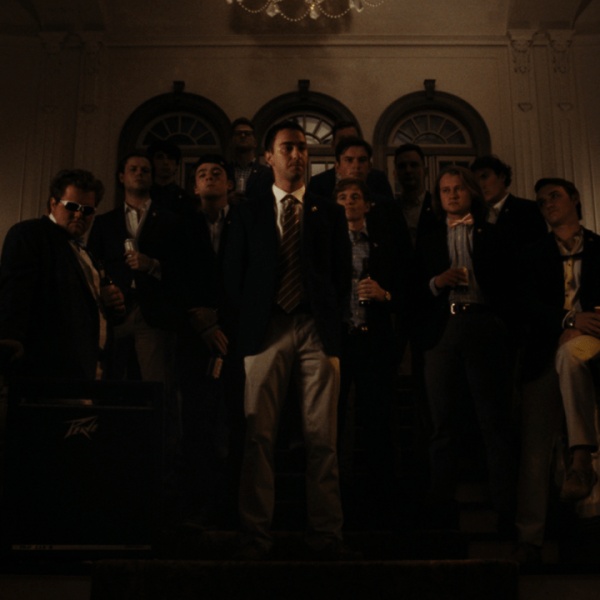We’re less than a month away from the theatrical release of Martin Scorsese’s “Killers of the Flower Moon.” The $200 million historical epic, based on David Grann’s nonfiction book of the same name, tells the story of a series of murders targeting wealthy Osage Nation members in Oklahoma during the 1920s.
In addition to the inevitable excitement that always accompanies a new Scorsese movie, the film has been praised as one of Hollywood’s most serious efforts at telling Native American stories accurately. Scorsese invited the Osage people to play a large role in the film, consulting with leaders and hiring many local crew members during the Oklahoma shoot. “Killers of the Flower Moon” also features Native American actors in prominent roles, most notably the film’s breakout star Lily Gladstone, who has earned early Oscar buzz for her role as Mollie Burkhart.
In a new interview with British Vogue, Gladstone offered a nuanced opinion about the film’s success. While she admitted that one major film is not a panacea for all of the problems that Native Americans face in Hollywood, she also dismissed concerns that Scorsese lacked the proper heritage to direct it. As she sees it, collaboration with A-listers like the “Goodfellas” director is necessary until Native filmmakers achieve the stature to make their own projects with studio budgets.
“Nobody is going to hand an Osage filmmaker $200 million,” Gladstone said. “There’s a level of allyship that’s absolutely necessary.”
In the same interview, Gladstone’s co-star Leonardo DiCaprio echoed her sentiments about Native American representation in Hollywood. He explained that he sees “Killers of the Flower Moon” as a first step towards offering more accurate portrayals of tribal stories in Hollywood and hopes that it paves the way for more comparable films.
“Hollywood has a long history and checkered past in its depiction of Native American people,” DiCaprio said. “We need to do more. You know, we are coming towards a great reckoning of our past. The more that these stories can be told in a truthful way, the more it can be a healing process.”





